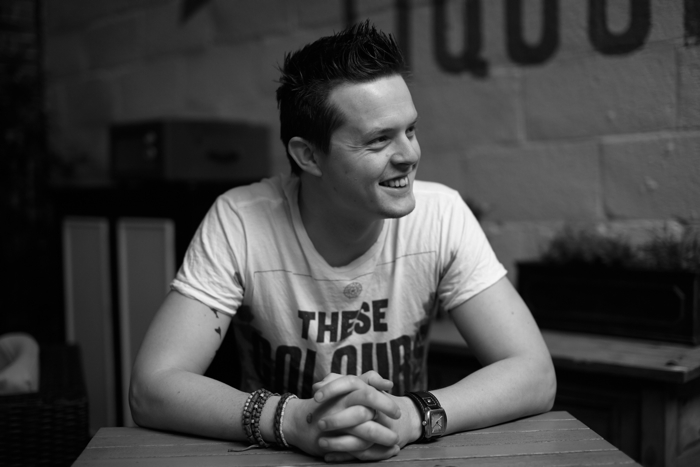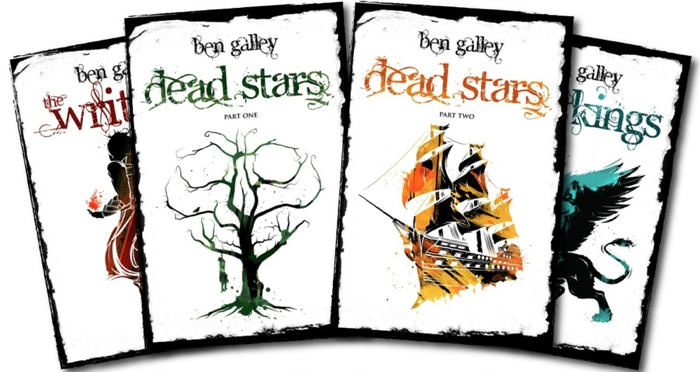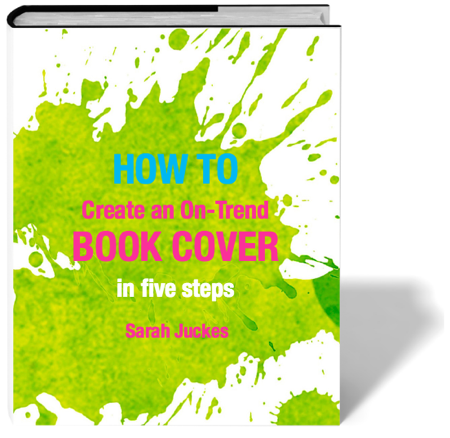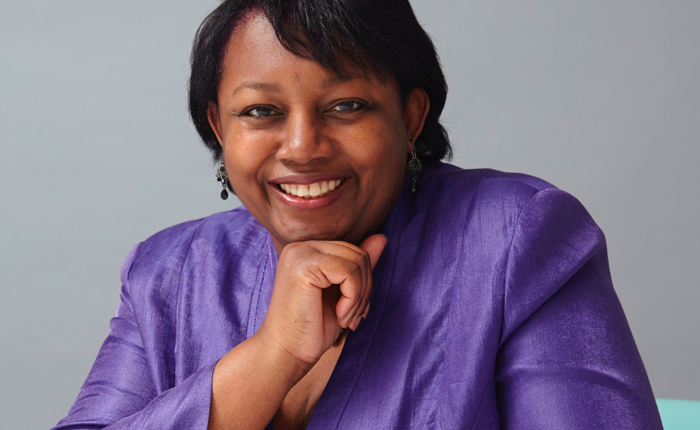From fantasy to reality – how Ben Galley became a successful self-publishing authorpreneur

Ben Galley tells Jon Reed how he self-published his way to become a successful ‘authorpreneur’ at the age of 26.
This interview first appeared in issue 5 of Publishing Talk Magazine.
[rt_reading_time label="Reading Time:" postfix="minutes" postfix_singular="minute"]
Ben Galley is a young self-published author of the epic and gritty fantasy series The Emaneska Series. He has published four books to date, and doesn’t intend to stop any time soon. Zealous about inspiring other authors and writers, Ben also runs the popular advice site Shelf Help, where he offers advice about writing, publishing, and marketing; and is the co-founder and director of ebook store Libiro, a store exclusive to indie authors. He has become a successful full-time ‘authorpreneur’ at the age of 26 and within a few years of publishing his first book. Jon Reed asks him how he did it.
JR: How did you get started writing? How did The Emaneska Series come about?
BG: I’ve always had a burning desire to spin yarns. It’s a passion that I attribute to my parents force-feeding me books at a young age (something which I’m now eternally grateful for!) I wrote my first ever novel by the time I was 12, and two more soon followed it, but due to education and the natural fickleness that comes with being young, writing became an occasional hobby. It wasn’t until I graduated from a music academy that writing started to crawl its way back into the No.1 priority spot.
As the opportunities in the music industry began to wither, I found myself working a succession of dead-end jobs in bars and pubs. After two years, enough soon became enough, and I decided it was time to turn my hobby into a profession. I had no idea what I was going to write, but I knew I had to write it, and get it published somehow. That was my driving force. That, and a rediscovery of my passion for telling stories.
The concept for the Emaneska, as all good ideas do, simply popped into my head one day, and it wedged itself there, filling my head with possibility. I knew it had to be dark, and mysterious, and packed with fantasy – a genre I’d always loved. Suddenly, while planning the first book, more ideas began to grow and evolve, and before I knew it, I had an epic series planned out. And here I am, just under 5 years later, a full-time author entrepreneur.
JR: Did you always plan to self-publish, or had you considered traditional publishing?
BG: When I started writing The Written, the first book in the Emaneska Series, I had it in my mind to go the traditional route. The primary reason for this was that I had no knowledge of any viable alternative. Once I’d finished writing, I began to research agents and publishing houses. It was then that I stumbled across something called self-publishing. It seemed almost too good to be true, and very similar to what had happened to the music industry several years before. I may have missed the boat with music, but the book industry was hovering on the very cusp of great change, and I instantly saw my opportunity. Luckily, many of the skills I had learnt at the music academy – ACM – were transferable. The indie path made perfect sense, and so I launched myself into self-publishing with everything I had.
I stumbled across something called self-publishing. It seemed almost too good to be true.
JR: How did you choose your formats? Is print still important for self-published books?
BG: Many indie authors out there are happy to stick to ebooks, which isn’t a bad thing at all but, for me, print was a necessity. I wanted to see my book on a shelf in a bookstore. I wanted to do signings and tour. I wanted to hold my book in my hands and have that validation. And, most importantly, I wanted that extra revenue stream running alongside my ebook royalties. Print hasn’t died out yet and in my opinion it never will. Just look at the resurgence of vinyl, against the MP3. It’s an important market, and thanks to Print On Demand technology, publishing print books has never been easier!

Print hasn’t died out yet – and in my opinion it never will.
JR: How do you market your books? What has given you the best results?
BG: I market my books in a whole variety of ways and methods. I think it’s important to get your fingers into lots of pies, just as long as doing so doesn’t hamper your priority – writing. I mainly market my books by sourcing reviews and chatting to readers and fellow authors on social media. I also produce a lot of content, such as video blogs and self-publishing advice at my site Shelf Help. Content is really useful, as it gives people something to really get their teeth into, more so than a tweet or a Facebook post. I also do a lot of competitions and giveaways, including setting my book as a ‘perma-free’ giveaway at my site, on Amazon, and on Kobo. That’s worked very well for me!
JR: Does writing a series of books in a genre help when it comes to self-publishing?
BG: It does indeed. Even though some authors advise sticking to standalone or shorter-form fiction, to avoid getting trapped by a long series, the Emaneska Series has done me proud. If a reader likes the first book of a series, then the likelihood is they will buy the second, and the third, and the fourth, and so on. From a business point of view you’re creating repeat business and, so long as each book is enjoyable, then the reader will become more and more loyal. This is really important for establishing a keen and responsive fanbase.
If a reader likes the first book of a series, then the likelihood is they will buy the second, and the third, and the fourth, and so on.
JR: What has been your greatest challenge in self-publishing?
BG: Two words: time management. It’s my own fault really – I’m a little obsessive when it comes to getting things done and piling my to-do list high. It is usually a good thing as I get a lot done in a short time, but my heavy schedule has bitten me in the past. It is a challenge that many indies face, especially when it comes to marketing. There are only so many hours in a day, and when you’re your own business, the ‘admin’ that comes with it can take its toll.
JR: You also help other self-published authors through your Shelf Help website. How did that come about?
BG: In 2012 I realized that there was a huge lack of knowledge in this industry. Self-publishing is still a young industry, one that is still constantly evolving. When keen writers want to know more, they either find very little information, or they find the wrong information. I wanted to correct that, as I felt my method – the Shelf Help method – of DIY self-publishing was a very affordable, professional, and technological way of publishing. I simply wanted to get my methods out there and help others raise the bar.
Shelf Help features honest and free advice from myself and all sorts of other authors and industry experts. We cover writing, publishing, and marketing, as well as industry news and warnings about disreputable providers. Via the site you can also organize 1:1 consultancy sessions with myself. These are bespoke, intensive sessions that focus on you, your needs, and your books – helping you get exactly what you need. I also released a full-length Shelf Help guide in February 2014, packed with advice on DIY self-publishing and step-by-step guides.
JR: What prompted you to launch an ebookstore for self-published books?
BG: The primary reason for launching Libiro was that we wanted to provide a dedicated space, just for indie authors. I mentioned this is a young industry, and although we authors now have access to major stores like Kobo and Amazon, we still share the shelves with major traditional authors. This means it can be hard to stand out and to make decent sales.
What Libiro provides is an exclusive marketplace, giving authors a better chance to sell books and showcasing what indie authors are capable of. We want to show readers what self-publishing is all about, and that indie literature is new and exciting.
JR: You’re clearly very entrepreneurial. Do you think this is a pre-requisite to be a successful self-published author?
BG: I do indeed. We now live in an age where, thanks to technology, it’s easy to become a one-man or one-woman business. Books are no different. Although many of us authors write for the sheer pleasure and pride, most of us write because we want to make a living. It is one of the best jobs on the planet, after all!
To make a living, we need to be business-minded and entrepreneurial.
To make a living, we need to be business-minded and entrepreneurial. It helps us to constantly seek new heights, to evolve and streamline, to stay focused and profit-driven, to be smart and opportunistic, and above all, to strive for professionalism. This new industry is full of opportunities but, to reap them, we need to play the game. That game, in my eyes, is business. Everything needs to revolve around that.
JR: What is the best advice you can offer to someone considering self-publishing?
BG: Be professional. Above all things. Many people out there believe that professional-looking books can only come from traditional publishing houses, and sadly there are many authors reaffirming these beliefs by producing poor-quality books without a second thought (this was another reason for setting up Shelf Help!) I say different. I know for a fact that it doesn’t take a traditional publisher to produce top-notch quality, and I know first-hand that it is possible to attain professional levels the DIY way. It just takes effort and time!
It doesn’t take a traditional publisher to produce top-notch quality.
Ben Galley’s Top Tips for Self-Publishing
- Write a damn good book. The future of your career rests solely on what sort of story you write, so write a good one!
- Aim as high as you can in everything you do. Professionalism is key if you want to succeed. This means that…
- You need to use professionals. By this I mean editors, cover designers, and formatters to get your book polished into a professional, sellable product.
- Keep your ear to the ground. This industry changes almost daily. Being aware of new and existing providers will really help.
- Remember to keep writing, and keep that your priority. We’re authors, after all. That’s what we do!
Find out more about Ben at his website, www.bengalley.com, or follow him on Twitter at @BenGalley.


